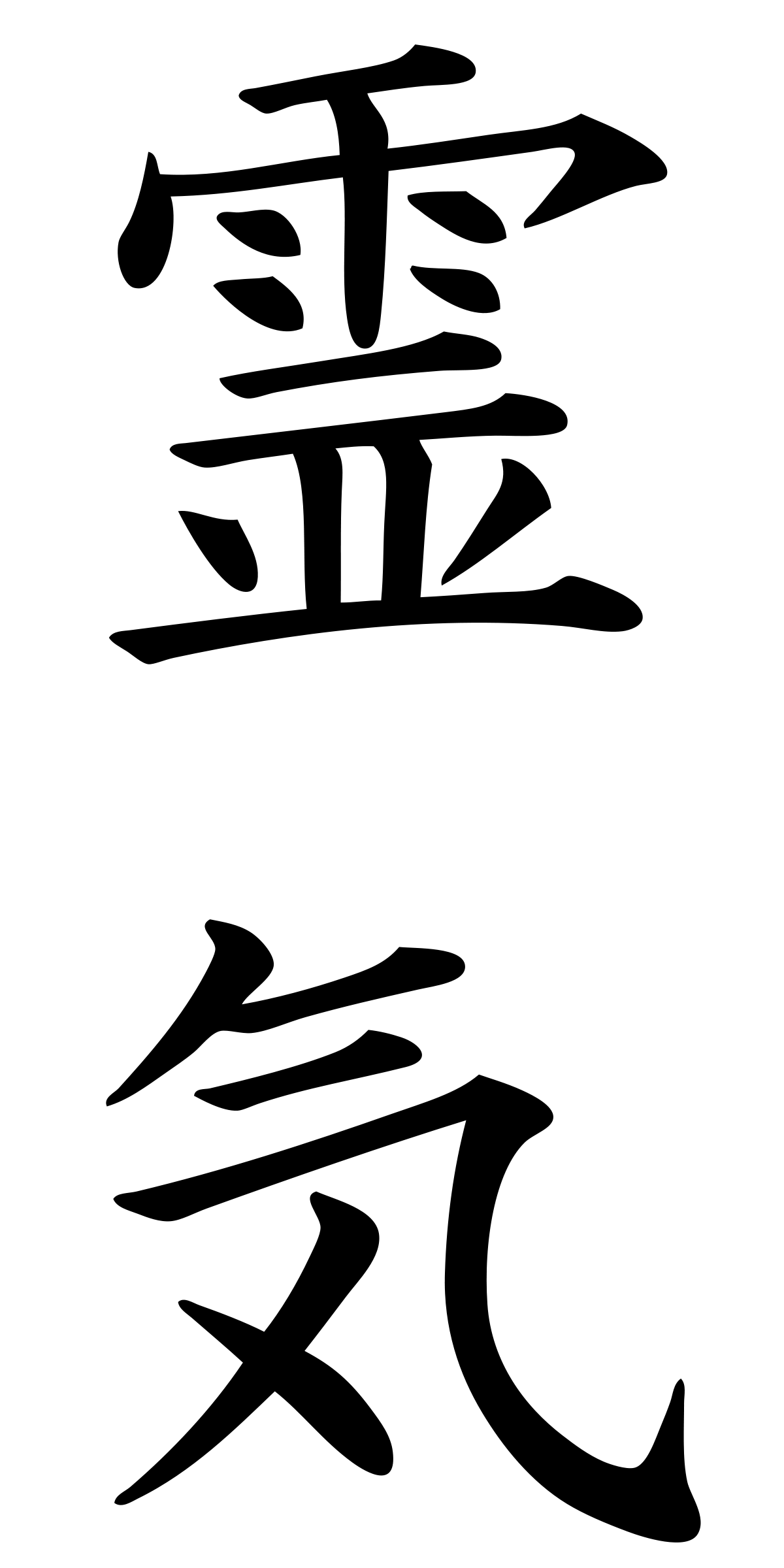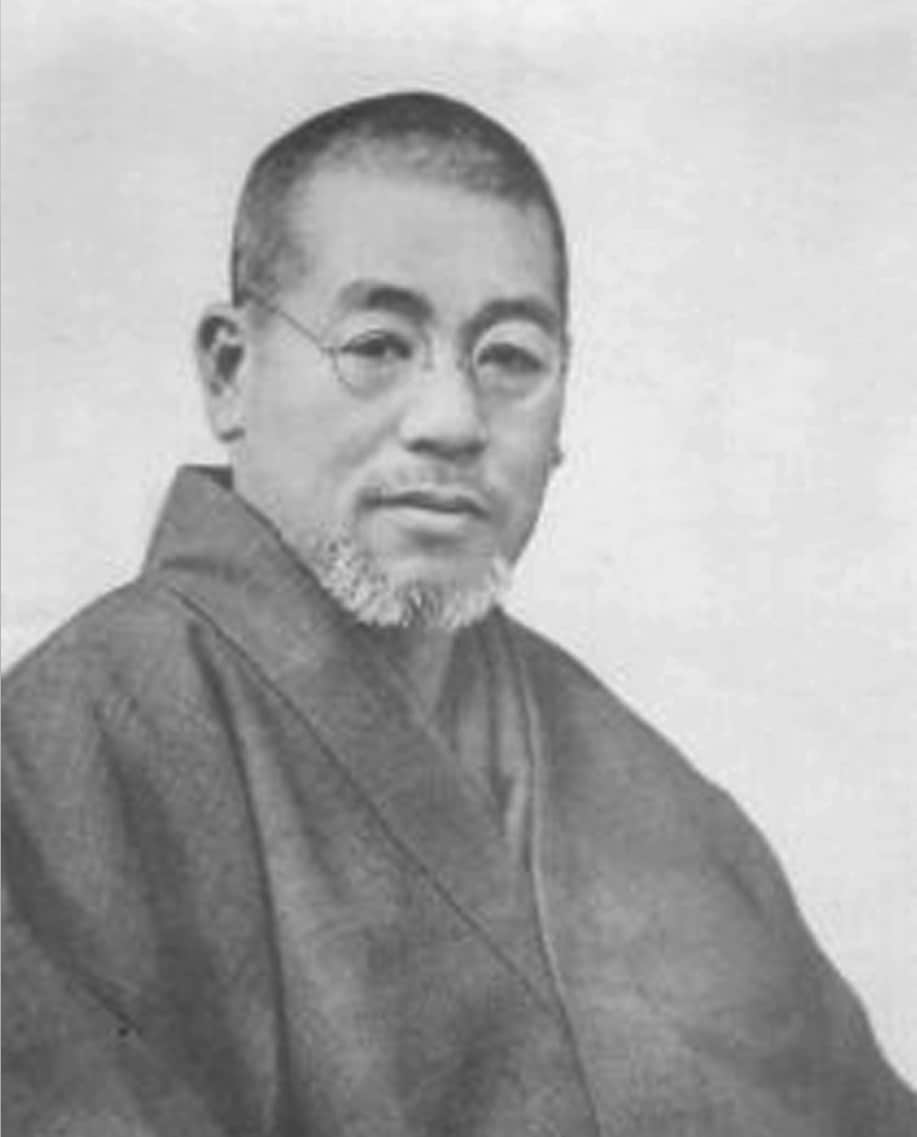REIKI
Members area with practice and teaching tips, courses and study notes coming soon.
A relaxing, health promoting, Japanese meditative practice
FAQ's
Reiki has become known all over the world since is founder, Mikao Usui (above), decided to promote its usage by teaching others.
These teachers, in turn, began to spread the teaching of Reiki outside of Japan and it quickly spread to the West via America to the rest of the world.
There have been various changes and additions to the way in which reiki is taught, passed on to others and used to treat others, but the 2 lineages we are part of, are thought to be the most original in their teaching and application.
What is reiki?
Reiki is a system, which allows the healing or re-balancing of the body’s vital energy to take place that our busy lifestyles would otherwise prevent or certainly delay.
Similar to Chinese Qi Gong or Japanese Kiko, this is done by the Practitioner connecting with the Ki (Chi) energy both within and around us to restore that balance. Reiki practitioners can then guide that energy to promote health and well being in themselves or other people.
This re-balancing can be for Mental, physical, emotional or spiritual needs, but it is always thought that, once the connection has been made, if you allow it, the body will take just what it needs.
• It is not a religion, although it is based on certain esoteric practices of Buddhism and Shinto
• You do not have to be religious for it to work
• The practitioner does not diagnose medical problems, they help you achieve the balance you need
• The practitioner does not use their own energy to heal you and can therefore treat many people without detriment to themselves
What does reiki mean?
The 2 Kanji characters Rei and Ki can be translated as:
Rei – Higher or Spiritual intelligence and
Ki – Life force energy.
In English it is often said to mean - ‘Universal Life Energy’, ‘Soul Energy’, ‘aura’ or ‘mysterious spirit’. It is known in a longer translation as ‘spiritually guided life force energy.
Reiki is often referred to as 'Energy work' and can be a spiritual practice. Remember, spiritual does not mean religious. Spiritual is relating to or affecting the human spirit or soul as opposed to material or physical things, Religious is believing in a particular religion and working within the confines of a dogmatic set of rules within that religious order.
Whilst it had some early influences from Buddhism, Shinto, Shugendo and Taoism, reiki is not a religious order and therefore compatible and not at odds with anyone's religion.
How are people treated with reiki?
Describe the item or answer the question so that site visitors who are interested get more information. You can emphasize this text with bullets, italics or bold, and add links.How can I learn reiki?
For decades, reiki has been taught via intensive courses lasting a whole or several days, together with preparatory exercises and follow up practices. Reiki is taught as a 'direct transmission' from teacher to student and the student is guided by that teacher throughout their reiki journey. The student can decide how far to take their study, not everyone who starts, continues to reach the Master level, it is a very individualistic thing and each person need only reach the level of knowledge and practice they need.
There are 4 levels within the reiki we teach and generally they are taught according to the following classes:
Shoden (Level 1) - 1/2 day course
Okuden (Level 2) - 1 day course
Shinpiden (Level 3 & 4) - 2 day course
It usually takes 1 month of preparation before attending a course and the teacher will give you exercises and information to go through before attending the course, as well as further developmental practice after the course, either by yourself or joining reiki shares. This is why this form of course booking dates has been used for a long time, to ensure you plan ahead to fit it into your schedule, creating dedicated time to practice.
In order to create an alternative to fit busy lifestyles and cater for the adult education sector, Taggart King (founder of Reiki Evolution and teacher of my teacher), created a syllabus to split the input for the levels into smaller time segments, across several weeks. In this way, 2-hour classes every week for 10 weeks sees the student gain enough tuition to cover and pass both Shoden and Okuden levels.
I have taught students on both the traditional courses and the weekly adult education syllabus and can say there is no difference to the content or effectiveness of the tuition, so, it just depends on what suits the individual and their schedule.
Basingstoke course dates will be uploaded here soon, so if you are interested in learning reiki, please contact us to book onto a course.
What is a reiki share?
Once you have started your journey in reiki and have received reiki attunements or empowerments, you will need to practice regularly in order to further develop your skill. Reiki is an intuitive practice which takes time to develop and, like martial arts tuition, the teacher continues to be a source of knowledge and guidance throughout your journey. One of the ways this is helped, is by arranged 'Reiki shares'. This is where several reiki students, sometimes of different levels, will come together and share their experiences with each other as well as offering the chance to practice on each other.
Reiki shares are wonderful experiences where you get the chance to not only improve your technique and understanding, but to benefit from 'free treatments' from your fellow students, all the while, being guided by an experienced teacher.
Reiki shares will help to give you confidence in practicing reiki both for yourself and for learning to treat others and, whilst they can include students from other teachers, all involved often have a common understanding and attachment to the same reiki lineage.






